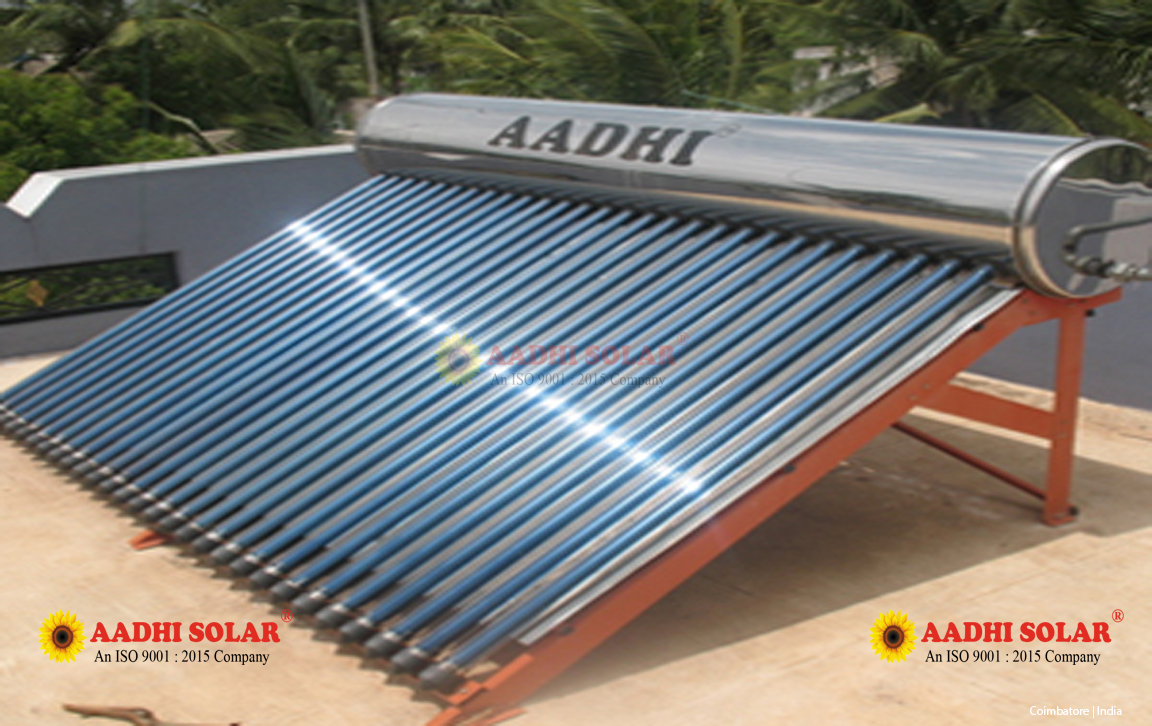Power for Solar Water Heater Users
페이지 정보
작성자 Louella 댓글 0건 조회 6회 작성일 25-04-19 12:54본문
As a solar water heater user, you are likely aware of the benefits of renewable energy and the reduced environmental impact of your system. However, to maximize the efficiency of your solar water heater, it's essential to analyze and identify areas for improvement in your home's overall renewable efficiency. This evaluation will not only optimize the performance of your solar water heater but also ultimately cost you less money on your energy bills.
Initially, Check Your Home's Insulation Levels
Proper heat preservation in your home helps keep the warm or cool air from escaping your home, reducing heat loss and consequently lowering the load on your solar water heater. You should insure that insulation levels in your attic, walls, and floors to ensure they meet or exceed the recommended standards for your region. Typically, homes in warmer climates require denser insulation, while those in colder regions may require more batts insulation.
Following, Inspect and Replace Aging or Poorly Closing Gaskets
Examining the age and condition of your windows and doors protectors is crucial in preventing temperature fluctuations. Damaged or significantly worn seals can allow air to escape your home and rob your solar water heater of its performance. Inspect the protectors and gaskets as frequently as possible to choose the ideal time for renovation.
Examine Your Water System
Worn or frequently maintained pipes can hinder water flow velocity, decreasing the capacity of your solar water heater. Breaches in the pipes also drain precious water. Upon finding issues, think hiring a expert water technician to repair the non-functioning sections of the water distribution network or start exploring efficient water-saving technologies like closed-circuit cooling exchangers.
Exchange Your Hot Water Fixtures
Installing a combination of Medium and Heavy Speed Hot Water Fixtures can lead to different water temperatures reaching the all needs of your daily activities. Average and high pressure fixtures generate high temperatures, consider installing temperature sensing adjustable mixing valves to manage mixed water temperature across different valves. Warmer water uses considerable amounts of further energy resulting in extra wear on your system and an bigged-up energy bill.
Validate Energy Efficiency
Upgrading Your Hot Water Pumps, Examine existing electrical capacity by installing power-saving solar pumps that consume a maximum of 3% of your home's total solar water heating load. Low-energy LEDs, low-energy fridge designs, or smart lighting systems can function to minimize energy consumption in other areas of your home.

Initially, Check Your Home's Insulation Levels
Proper heat preservation in your home helps keep the warm or cool air from escaping your home, reducing heat loss and consequently lowering the load on your solar water heater. You should insure that insulation levels in your attic, walls, and floors to ensure they meet or exceed the recommended standards for your region. Typically, homes in warmer climates require denser insulation, while those in colder regions may require more batts insulation.
Following, Inspect and Replace Aging or Poorly Closing Gaskets
Examining the age and condition of your windows and doors protectors is crucial in preventing temperature fluctuations. Damaged or significantly worn seals can allow air to escape your home and rob your solar water heater of its performance. Inspect the protectors and gaskets as frequently as possible to choose the ideal time for renovation.
Examine Your Water System
Worn or frequently maintained pipes can hinder water flow velocity, decreasing the capacity of your solar water heater. Breaches in the pipes also drain precious water. Upon finding issues, think hiring a expert water technician to repair the non-functioning sections of the water distribution network or start exploring efficient water-saving technologies like closed-circuit cooling exchangers.
Exchange Your Hot Water Fixtures
Installing a combination of Medium and Heavy Speed Hot Water Fixtures can lead to different water temperatures reaching the all needs of your daily activities. Average and high pressure fixtures generate high temperatures, consider installing temperature sensing adjustable mixing valves to manage mixed water temperature across different valves. Warmer water uses considerable amounts of further energy resulting in extra wear on your system and an bigged-up energy bill.
Validate Energy Efficiency
Upgrading Your Hot Water Pumps, Examine existing electrical capacity by installing power-saving solar pumps that consume a maximum of 3% of your home's total solar water heating load. Low-energy LEDs, low-energy fridge designs, or smart lighting systems can function to minimize energy consumption in other areas of your home.
댓글목록
등록된 댓글이 없습니다.